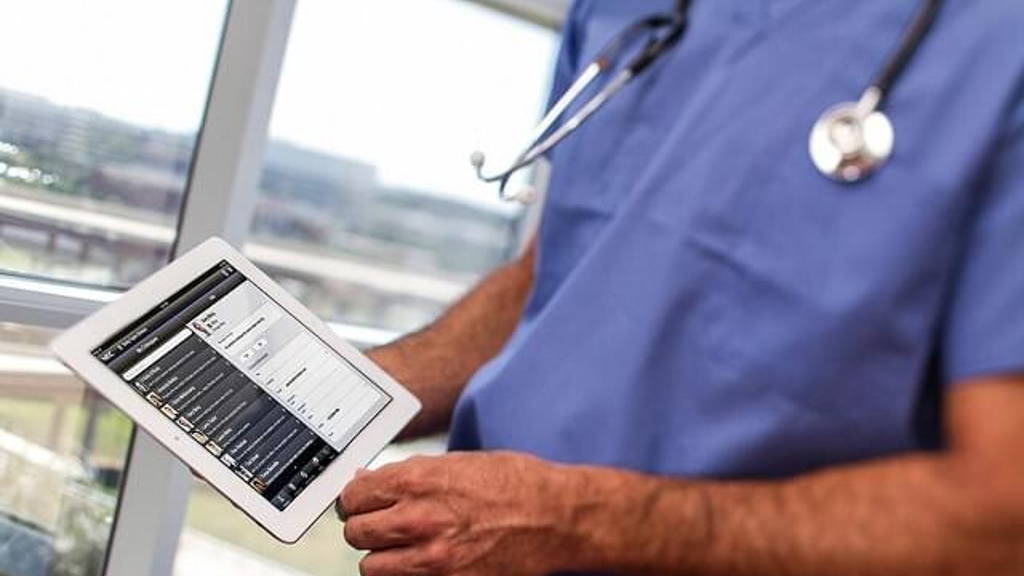That, according to an article on healthcare IT News, is what experts say. Therefore the time has come come for hospital IT executives to become much more demanding customers of their electronic health records vendors, in order to bolster clinical decision support, reduce medical errors and ultimately improve patient safety.
Good decision support
Mount Sinai President and COO David Reich said as much at the HealthImpact East Conference earlier this week. “It’s up to us to demand that EMR vendors provide us with good decision support. Interacting with Epic or other EMR vendors presents certain challenges because they tend to want things in their domain, so we have to innovate outside their domain.”
Reich added that hospitals also need to help EHR vendors to develop the technologies and tools they need. Mount Sinai, for example, has a number of projects that aim to advance clinical decision support. Right now though, they are done outside Mount Sinai’s Epic EHR. In one project, Mount Sinai turned an Epic best practice alert into a more active feature that pushes the information out to VOIP badges nurses wear. Another example is the medical early warning system Mount Sinai developed to enhance the process of activating rapid-response teams for when a patient gets sepsis, for instance.
Long way to go
Neil Carpenter, Vice President of Strategic Planning and Research at LifeBridge Health, said during his talk that near-ubiquitous EHR implementation is only the first inning of healthcare’s digital transformation. “We’re in the second inning now,” Carpenter said. “We still have a long way to go.”







